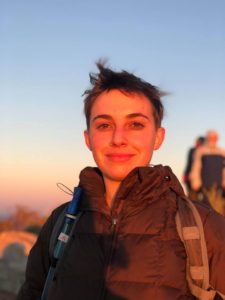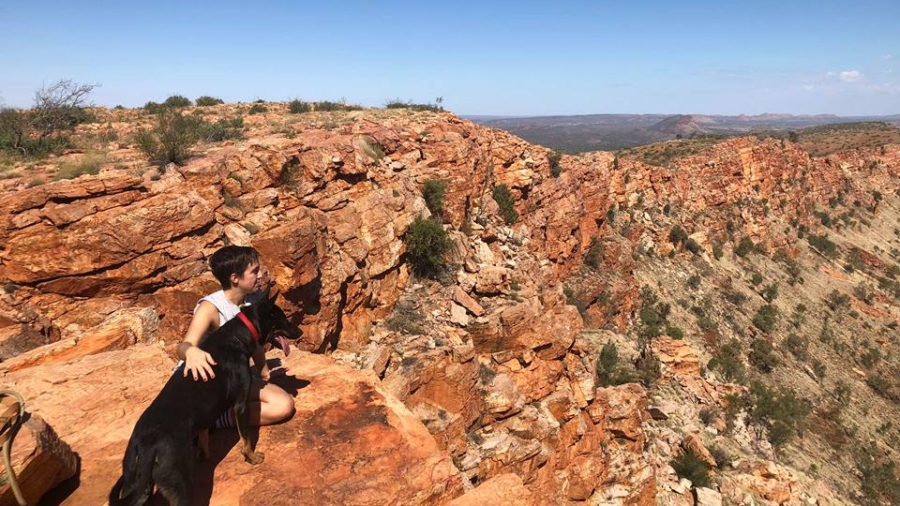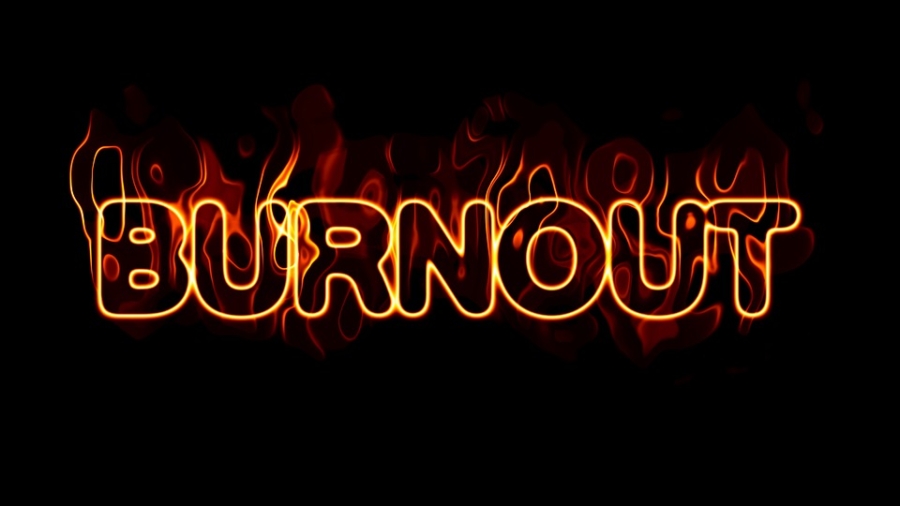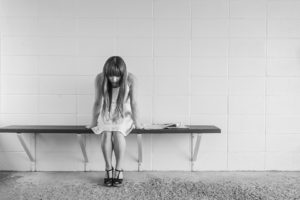There is something to be said about social workers who are graciously willing to tell their story, just 12 months after diving into their remote social work experience. Still in the midst of a giant learning curve, Alanna Audus joins me on Talk the Walk to share the ups, downs and delicious highlights of her beginnings in Alice Springs. Alanna is a newcomer to narrative therapy and is delighted with the way her somewhat ‘kooky’ conversations with people are beginning to shape their lives for the better. She works as a generalist and victims of crime counsellor for CatholicCare NT with some of the most marginalised Aboriginal people in Australia.
 This conversation is as delightful as it is authentic. So be warned, Alanna’s heartfelt generosity may inspire you to pack up your city life and go bush.
This conversation is as delightful as it is authentic. So be warned, Alanna’s heartfelt generosity may inspire you to pack up your city life and go bush.
On episode 27, we explore:
- What led Alanna to pack up all her belongings and head to Alice Springs
- What it’s really like starting out in social work with no prior experience working with Aboriginal and Torres Strait Islander peoples
- Alanna’s unique story which has influenced her passion and drive for social justice
- A ‘fly on the wall’ account of Alanna’s approach to counselling, starting out in narrative therapy
- Why relationships are at the heart of Alanna’s practice and feeling okay about not knowing
- The rich conversations that transpire working with metaphors
- Methods of narrative documentation such as letter writing which record people’s processes of acknowledgement and achievement, and what difference this makes to clients
- Struggles and challenges Alanna has faced in her first year in a remote community and the notion of ‘doing therapy on yourself everyday’
- The influence of nature and the raw environment on Alanna’s self care, allowing her to do high intensity social work
- Reflections on resilience in ourselves and our clients
- The people, institutions and the influence of radical politics that have shaped Alanna’s social work practice framework and life
- Reflections on the NT Emergency Intervention more than a decade on, a continuation of ongoing oppression and disempowerment which began with colonisation
- Words of wisdom for other social workers considering the move from big city to remote outback and avoiding burnout
- A sparkling moment from Alanna’s last week
To listen, simply click on the Play button below or listen via the Stitcher App for iOS, Android, Nook and iPad.

You can also subscribe to podcast and blog updates via email from the Menu on the Home Page.
Don’t forget, if you or someone you know would make a great interview on ‘Talk the Walk’, send us an email from the Contact Page.
Things to follow up after the episode
Contact Alanna on alanna.audus(at)gmail(dot)com
Podcast: Play in new window | Download
Subscribe: RSS



 If you work in the area of trauma counselling, chances are you have an organisation or colleagues keeping a watchful eye out for the first signs and symptoms of burnout or vicarious trauma.
If you work in the area of trauma counselling, chances are you have an organisation or colleagues keeping a watchful eye out for the first signs and symptoms of burnout or vicarious trauma.